When Chris Heerdegen founded OnDemand Painters, he wasn’t just looking to launch another painting company; he wanted to transform the industry.Rec ...
How Tyler Quintard Built a Trusted Home Inspection Brand
Written by: Carolyn Young
Carolyn Young is a business writer who focuses on entrepreneurial concepts and the business formation. She has over 25 years of experience in business roles, and has authored several entrepreneurship textbooks.
Published on March 1, 2024
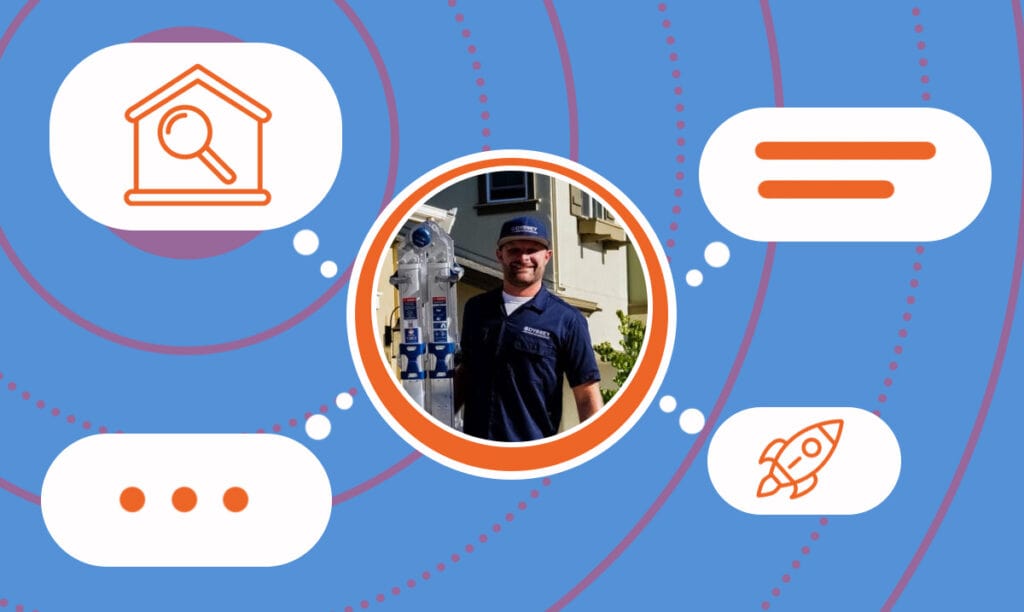
In this interview, we sit down with Tyler Quintard, CEO of Odyssey Home Inspection Inc., to explore his entrepreneurial journey from property management to founding his own home inspection business. Tyler discusses the challenges of starting a company, his dedication to delivering high-quality and accurate inspections, and his strategies for building trust and credibility in a competitive market. Get ready for an insightful look into the world of home inspections with a leader who is redefining industry standards.
Odyssey Origins
SBS – How did you start Odyssey Home Inspection and identify the need for your services in your area?
Tyler – I’ve always had a mind to start my own company, but I had trouble figuring out what it was that I was going to do, so I decided that I was going to dedicate my focus to learning new things and picking something that I wanted to learn about.
I worked as a property manager for a private investor who owned 1,500 single-family homes in the Bay area. I managed about 270 properties because I wanted to learn, and that’s where I gained most of my experience as a home inspector. I didn’t even know what a home inspector was at the time. I was trying to learn the trade, and in doing so, I learned a lot of skills that transferred over to being a home inspector. You can say I came across that idea after I put in the work to better myself.
SBS – When did you become courageous enough to start your own company?
Tyler – I got the idea to have my own company, but I continued working different jobs for others. I knew I needed to start my own business when I got fed up with working for someone else and calling someone else my boss. I also lost focus when hanging out with my friends and doing stuff outside of work. Really, it’s not the nine to five; it’s the five to nine. It’s after work that I should have been working to get my business started. My only regret about opening my own business is not starting it sooner. When I started, I didn’t experience instant success. It was something that was built up over time. Timing is everything.
Ensuring Quality and Accuracy
SBS – How do you ensure that your home inspections maintain high quality and accuracy?
Tyler – That’s a good question. I know I’m probably not the best home inspector in the world, but I know that when I go in for a home inspection, I do it because this is my passion. This is what I do, and I do my best. That’s all I have to do because if you focus on other home inspection companies or the competition and things like that, it starts to get skewed. But if you put your heart into something, there’s no competition, if that makes sense because you have other people who don’t have your heart. So even if they might be a better home inspector, persistence will always outperform someone lazy or complacent.
There are a lot of older folks who are doing what I do, and they’re starting to retire. They’re part-time. So imagine buying a house and then having someone come in to do an inspection, and it’s not their primary focus. Their heart’s not in it. They don’t really care because they already have another job. That has a lot to do with the quality, and the quality is the end result. It’s what you put into it that matters. That’s why I’m different.
Overcoming Initial Challenges
SBS – What challenges did you face in the first months or years, and how did you overcome them?
Tyler – Absolutely nothing could stop me. I’ve had a failed business before. I did financial services for a while when I was very young and learned sales, but that didn’t work out. That was part of why starting this business took me a while. Many of my friends and family knew I had a failed business before, so I didn’t expect much support when I opened this business. I went into it without telling anybody. I did my own thing, and I decided to do this on my own, and that’s what I did. I disappeared for a while. A lot of people didn’t see me.
The things that I deal with today are the same things that I dealt with when I opened my business. Nothing’s really changed. It’s all about moving forward and working through all the bad stuff. When you figure out the formula, the bad stuff will still continue to happen, but you’ll already know the answer.
I think the most important thing when starting is to deal with the things you can, not worry about the things you can’t, and work through everything. There’s an answer for everything; if you don’t know the answer, someone will.
I’ve spent a lot of time on the phone. I schedule every single booking, and it’s all sales. Anything you do is sales. Of course, you get cancellations. In this business, you have a lot of different people in one appointment. It’s not just the person who calls; it’s the realtor who’s representing the person who calls, and the realtor more than likely has the regular home inspector that they use.
When you experience cancellations, that costs money. When I started to get realtors canceling or not showing up for the inspections and rescheduling them, all these things would come into play. But the bottom line is you can’t focus on that. You have to focus on moving forward, trying to overcome it, and putting processes and procedures in place to prevent that.
To secure your appointment, you must pay for your inspection up front. The client has skin in the game, so if their realtor says something, they might ask their realtor for a reimbursement.
Also, I’ve got realtors who throw their weight around in a transaction both on the buyer side and on the seller side all the time. That just happens. I’ve had to learn to humble myself and go along with it.
But I’ve helped many people by being the black swan of the transaction because they don’t expect it. Many people, especially if they have a fiduciary interest in closing the transaction, treat my job as a formality, and that’s why I’m very focused on the people who pay me. I have a fiduciary responsibility to them, and that’s what I hold tight.
Some realtors really pick me up, but the bad ones don’t like me because they don’t want to get a home inspection. They want to just get it over with and make their commission.
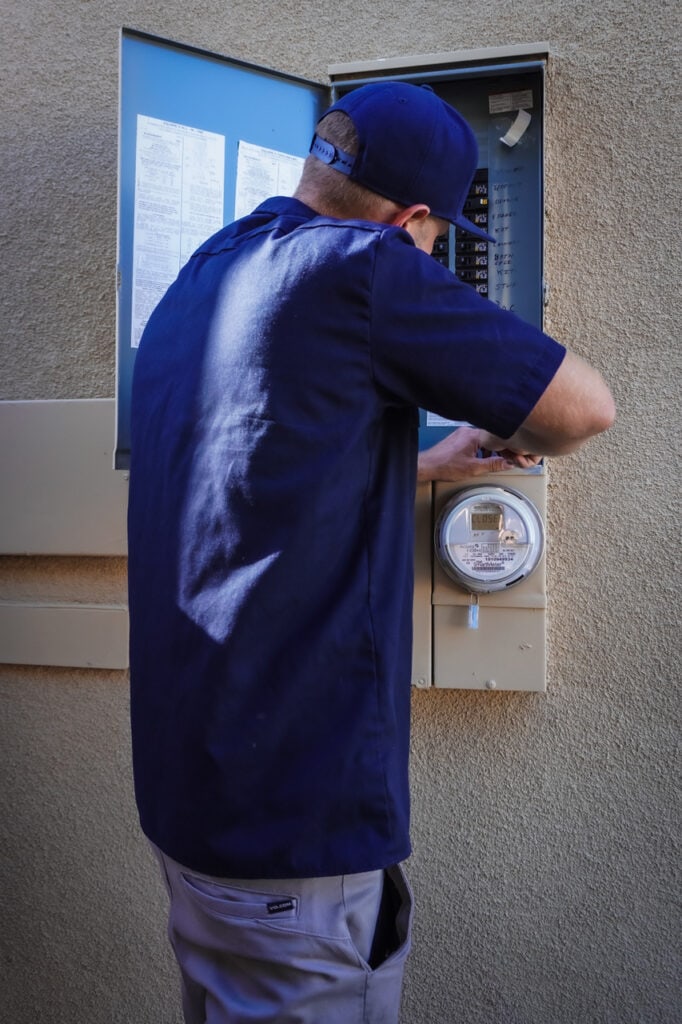
Building Trust and Credibility
SBS – What strategies do you use to build trust and credibility among your clients?
Tyler – That’s a good question. When I started, I had a friend who was starting his second business, and he asked me how I would even make a sustainable business out of this because people only buy one house, and then they’re done, and you consistently have to find customers.
I told him people will always need home inspections. It’s a part of everything. As we saw in the past couple of years, the real estate market has been insane. How do you get someone buying a house to return and have repeat business? Well, that’s not how it works.
Traditionally, you would hand out cookies and stuff to the realtors to see if you could get in with their firm so that they’d hire you for repeat business. That is the number one flaw in what I do because if I don’t do what the realtor says, they may not hire me on the next inspection.
It forces the dynamic of a home inspector to obey whatever the realtor says. If they say not to mention anything about the structural
defect in a house so that they can sell it, then the home inspector has no choice. If they decide to disclose that, they may not get hired at the next job.
I knew from the beginning that that’s not how I would run my business, and I would do everything I could to build my brand, credibility, and reviews and build a business, which is something that most home inspectors have no idea how to do. That is the proper way to do it and dissolve that dynamic between the realtor and the home inspector because too many people are being taken advantage of out there. People who just find a realtor, go through the process, and trust the process end up overpaying for poor inspections. That’s just the way this industry has been for so long.
Staying Updated
SBS – How do you stay updated with the latest building codes and inspection technologies?
Tyler – Building codes don’t necessarily play a huge role in what I do. What we’re looking for is defects, or what they call material defects, that would affect the value of the home. For instance, we look at plumbing, electrical, foundation, etc., to see what composition it’s made out of. We also report any water intrusion. Those are important things, especially if you’re buying a home now.
Homes are pretty much the same. I do home inspections on homes from the early 1900s to brand new homes. Each of those homes was built in a different time period and had different building codes, and they may or may not be necessarily updated to those codes, so knowing building codes doesn’t have that big of an impact.
What matters the most is how many home inspections you do. If you’re a part-time home inspector and you’re only doing one, two, or three home inspections a week, what kind of credibility does that bring you if you see something you’ve never seen before?
I do about 40 home inspections a month, so that means I look at 40 electrical panels, 40 attic spaces, 40 chimneys, etc. If I see something out of the ordinary, that gives me the credibility to say something’s wrong. How many people do you know to do 40 electrical installations a month? If you’re an electrician, you’re probably not doing 40 electrical panels in a month; if you are, you’re hiring somebody to do them.
Managing Customer Expectations
SBS – How do you manage customer expectations, especially when you deliver results that are not in their favor?
Tyler – I make it very clear that I’m not usually the guy that delivers good news. That’s just the nature of what I do. I’m very good at setting expectations because I believe that 100% of unsatisfied clients come from undelivered or unclear expectations. When you throw client’s and realtor’s expectations in the mix, that changes things significantly because one of the most difficult things to deal with is someone who hires me and then someone else whom I’ve never met who has a different expectation and wants me to deliver something that I can’t.
The realtors who hire me on a regular basis are very proficient, and they give me a lot of business. They hire me because they know what to expect. I’m consistent. That speaks volumes. When I don’t hear back from a realtor, I know I’m not meant to work with them because that’s not what they’re looking for. They want someone who will bend their arms and say whatever they need.
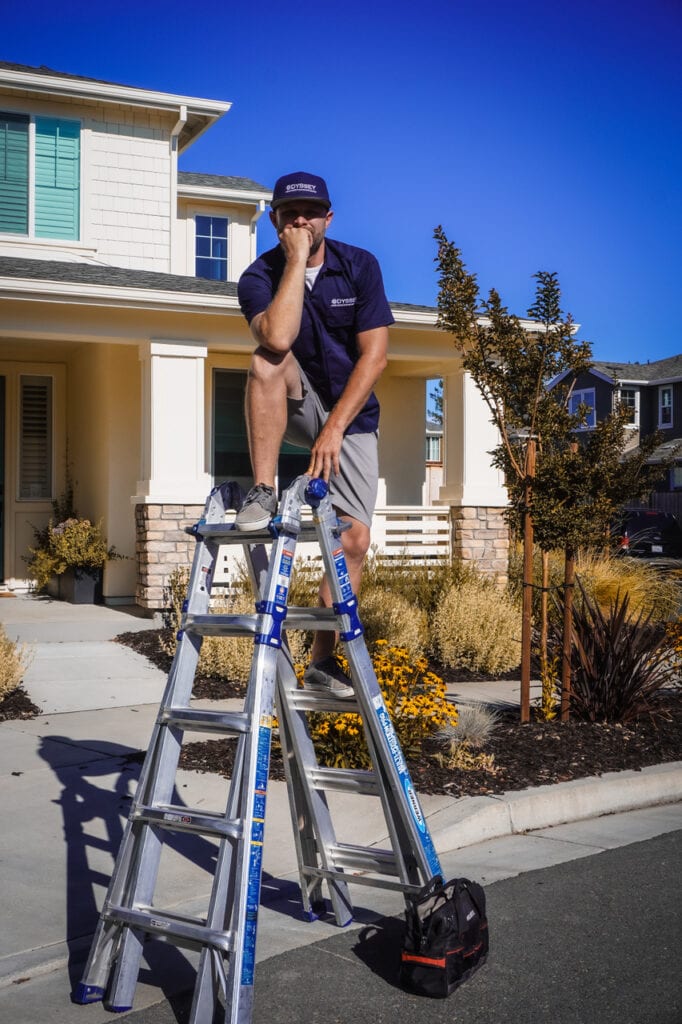
Utilizing Digital Marketing and Social Media
SBS – Regarding getting new customers, do you think digital marketing and social media are important for your business?
Tyler – I see many successful home inspectors using social media, and I think that’s a very important thing to do. I’ve been kind of slacking in that department. I have some plans to rank higher, but it’s all about building a business. How would you build any other business? It’s branding and credibility.
I get calls from people who call me because they saw other real estate listings with my inspection reports and want me to be their inspector. I mostly get jobs from recommendations. It’s hard work and doing good by people. I have customers who would run through walls for me because I’ve done their reporting so well and honestly. Their realtors will never talk to me again, but the main point is that I had potentially saved them tens of thousands of dollars by doing the right thing and telling them what they need to hear.
If you work hard and do good for people, there’s no way you could fail. That was a turning point when I started getting calls from people I didn’t know. That’s what building a business and brand means.
Advice for Aspiring Inspectors
SBS – What advice would you give someone just starting a home inspection business? What would you like to have heard when you were starting?
Tyler – If I were starting now, if I could do it any differently, I would do a lot more cold calling and networking. If you’re a certified home inspector and ready to go out and do home inspections, that’s the second step. I have come to find out that everybody wants to do home inspections because it sounds really easy. While it might be easy for me because I had all that experience, it comes down to what you’re looking at.
The other thing you need to keep in mind is that everybody’s going to be your client is buying a house. A house is the most expensive thing you could ever buy, so it’s not something to be taken lightly. Many people just do it because they want to make some money. But if you’re looking to do it and have some experience, building a network is important, just like with any other business. You have to have some kind of a network of professionals that you work with.
Cold calling works, too. You also have a platform called Angi, where you can pay to receive leads. You can also look for new construction and people who have bought a brand new house. I started doing that. Honestly, nothing’s going to fall on your lap. If it did and anybody could do it, it wouldn’t be as crazy as it is.
Subscribe to Our Newsletter
and gain insider access to cutting-edge business insights and trends.
Featured Resources
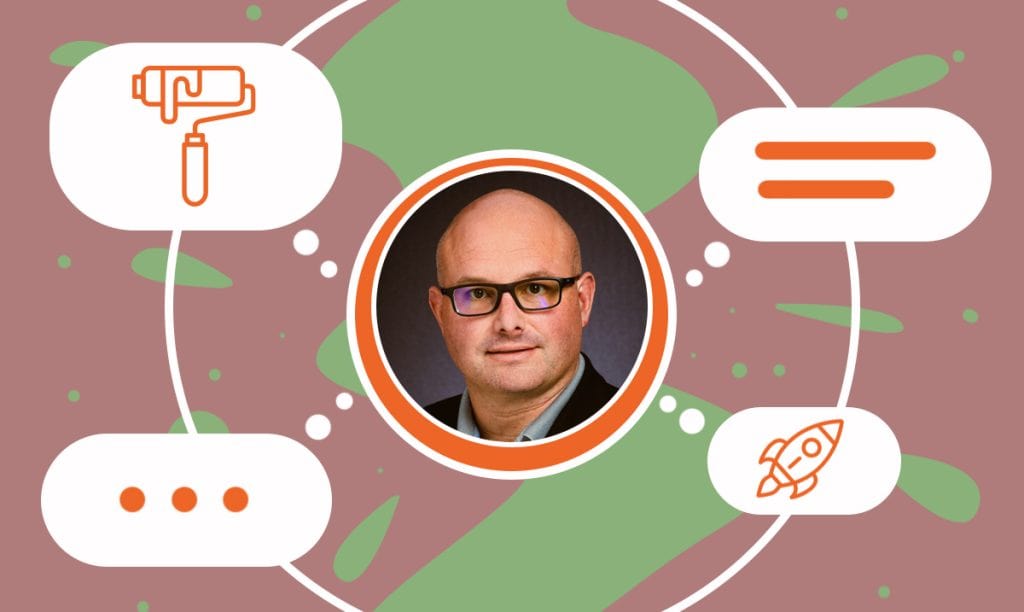
How Chris Heerdegen Built a Multi-City Painting Business
Published on October 4, 2024
Read Now
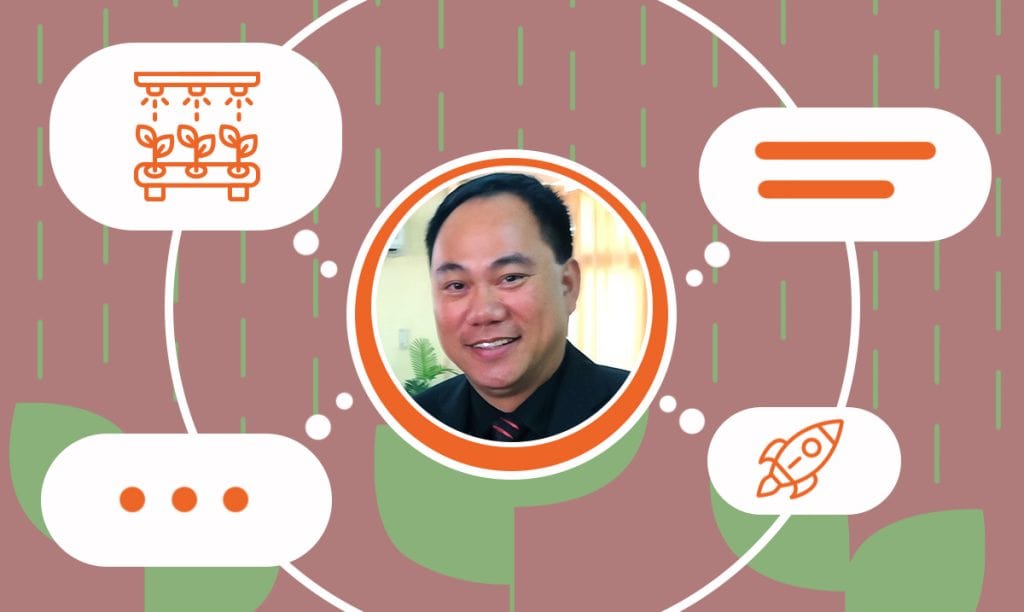
How a Retired Veteran Built Kern County’s First Hydroponic Farm
Published on September 6, 2024
Gerry Mateo, a retired veteran, found an unexpected opportunity during the pandemic with the creation of FilAm Vets Hydroponics Farm. As the firsthy ...
Read Now

How Family-Owned Kitchen Supplies Business Thrives in Brooklyn
Published on June 25, 2024
In the heart of Clinton Hill, Brooklyn, Indulge Kitchen Supplies stands as a testament to the passion and dedication of its founders, Luis and AmyTa ...
Read Now
Comments